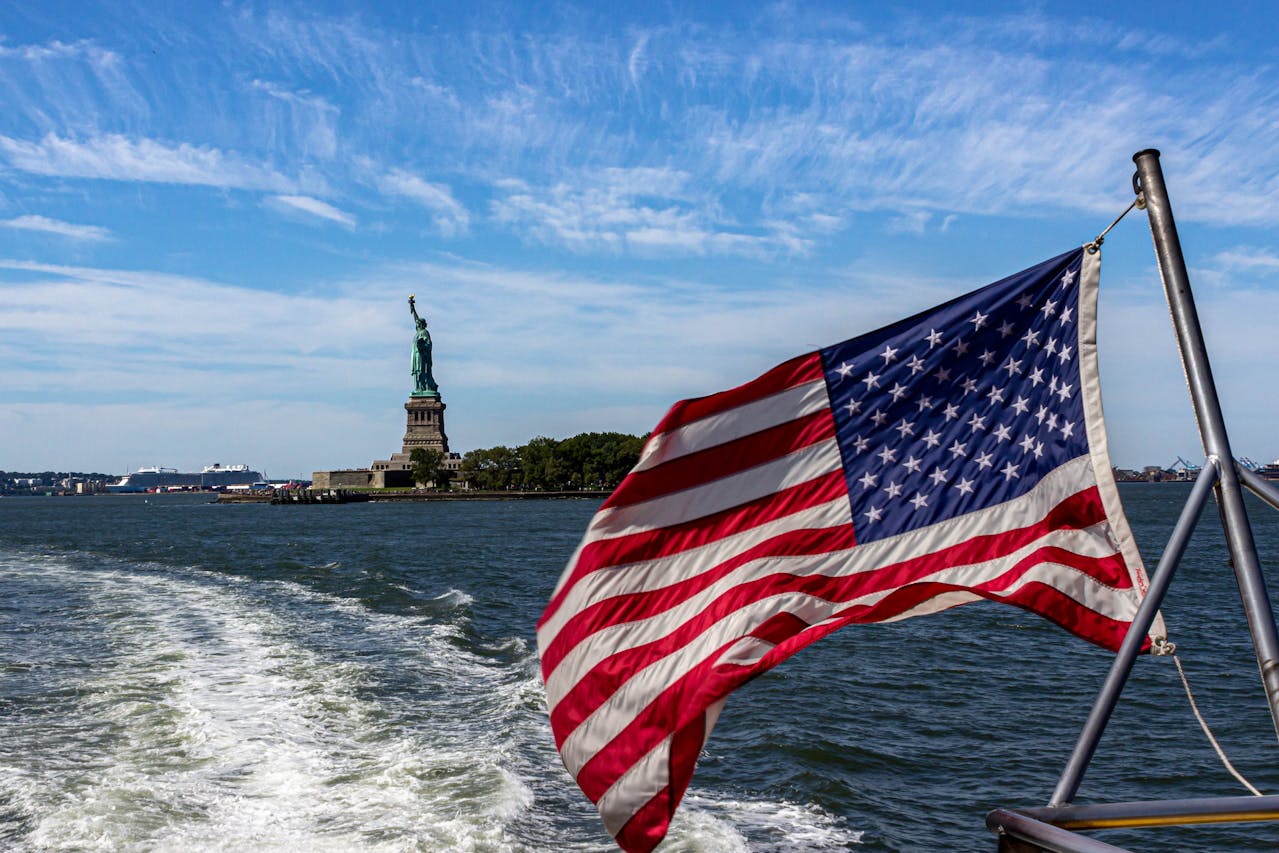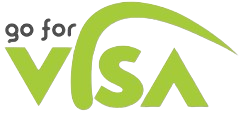
Ready to study in the USA?
Let us guide you through every step of the application process and secure your student visa with ease.
Brief History of the USA
The United States of America, founded in 1776, has grown to become one of the most influential nations in the world. Initially, thirteen colonies declared independence from British rule, leading to the American Revolutionary War. After gaining independence, the USA expanded westward, incorporating new territories and states.
Throughout the 19th and 20th centuries, the USA experienced significant economic, technological, and social changes. The Civil War (1861-1865) was a pivotal moment, leading to the abolition of slavery and setting the stage for civil rights advancements. The Industrial Revolution transformed the USA into a major economic power, and the country played crucial roles in both World Wars.
In the latter half of the 20th century, the USA emerged as a global leader in science, technology, and culture. The Civil Rights Movement of the 1960s brought significant social progress. Today, the USA is known for its cultural diversity, democratic values, and innovation.
The USA: An Economic and Technological Powerhouse
Economic Strength
The United States boasts the largest economy in the world, driven by a diverse range of industries including technology, finance, healthcare, and manufacturing. This economic strength translates into abundant opportunities for students, both during their studies and after graduation. Key aspects of the US economy that attract international students include:
- Job Opportunities: The robust job market offers numerous internship and employment opportunities in various sectors.
- High Salaries: Graduates from US universities often enjoy competitive salaries compared to other countries.
- Entrepreneurial Ecosystem: The US is known for its strong entrepreneurial spirit, supported by a network of investors, incubators, and innovation hubs.
Technological Innovation
The United States is at the forefront of technological innovation, hosting some of the world’s leading tech companies and research institutions. This environment fosters cutting-edge research and development, making it an ideal destination for students interested in technology and innovation. Highlights include:
- Silicon Valley: Home to major tech companies like Apple, Google, and Facebook, Silicon Valley is a global center for technology and innovation.
- Research Opportunities: US universities are renowned for their research programs, offering students the chance to work on groundbreaking projects in fields like AI, biotechnology, and renewable energy.
- Access to Advanced Facilities: Students have access to state-of-the-art laboratories, equipment, and resources, enabling them to gain hands-on experience in their chosen fields.
Attraction for International Students
The combination of economic strength and technological innovation makes the USA a top choice for international students. Benefits include:
- Career Advancement: Studying in the US opens doors to global career opportunities and enhances employability in competitive job markets.
- Networking Opportunities: Students can build valuable connections with industry leaders, entrepreneurs, and academics, fostering professional growth.
- Cultural Exchange: The USA’s diverse and inclusive society provides a rich cultural experience, promoting personal development and cross-cultural understanding.
Frequently asked questions
What types of student visas are available for studying in the USA?
The most common student visas are the F-1 visa for academic studies and the J-1 visa for exchange programs. The M-1 visa is available for vocational studies.
How do I start the student visa application process?
First, you must be accepted into a US institution that is SEVP-certified. After acceptance, you will receive a Form I-20 (for F-1 or M-1 visas) or Form DS-2019 (for J-1 visas), which you will need to apply for your visa.
What documents are required for a US student visa application?
Key documents include a valid passport, Form I-20 or DS-2019, visa application form (DS-160), visa application fee receipt, SEVIS fee receipt, financial documents proving sufficient funds, and academic records.
What is the SEVIS fee, and how do I pay it?
The SEVIS (Student and Exchange Visitor Information System) fee is a mandatory fee that supports the program monitoring student and exchange visitors in the US. You can pay it online before your visa interview using Form I-901.
How should I prepare for the student visa interview?
Prepare by reviewing your academic and financial documents, understanding your chosen program and how it fits into your career plans, and being ready to explain why you chose the particular institution and the USA.
What questions are typically asked during a student visa interview?
Questions often cover your study plans, academic background, choice of US institution, financial status, plans after graduation, and ties to your home country to ensure you intend to return after your studies.
How long does it take to process a US student visa?
Processing times vary, but it generally takes a few weeks. It’s advisable to apply as early as possible, ideally 3-5 months before your program starts.
Can I work while studying in the USA on an F-1 visa?
Yes, F-1 visa holders can work on-campus up to 20 hours per week during the school year and full-time during holidays. Off-campus work requires special authorization, such as OPT (Optional Practical Training) or CPT (Curricular Practical Training).
What should I do if my student visa application is denied?
If your visa application is denied, you will receive a reason for the denial. Address the issues stated and reapply. Consulting with an immigration advisor can help improve your chances on reapplication.
Can my dependents accompany me to the USA?
Yes, your spouse and children under 21 can apply for F-2 or J-2 visas. They will need to provide proof of relationship and financial support, and they can apply at the same time as you or separately.
How do I extend my student visa if my program takes longer than expected?
If you need to extend your stay in the USA beyond the date indicated on your Form I-20 or DS-2019, you must contact your designated school official (DSO) or responsible officer (RO) to request an extension. They will update your SEVIS record and provide a new Form I-20 or DS-2019 if the extension is approved. You must apply for the extension before your current visa status expires.
Address
Chappal karkhana, Ward No. 4, Maharajgunj, Kathamndu, Nepal
Phone
+977-1-4015709
